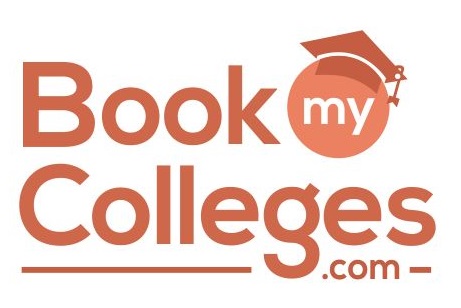Mastering the MBA Admission Process: How to Build a Powerful Resume for Placements
Share
Your resume is often the first impression you create during the MBA admission process and campus placements. In a competitive environment where recruiters scan hundreds of applications in minutes, a well-crafted resume can be the difference between getting shortlisted or overlooked. Beyond being a list of experiences, your resume reflects your skills, achievements, and potential as a future business leader.
This guide will help you understand how to build a resume that strengthens both your admission process and placement opportunities.
Why Your Resume Matters in the Admission Process & Placements
For admissions, your resume showcases your academic background, leadership roles, and career aspirations. For placements, it demonstrates your professional readiness, technical skills, and achievements. Recruiters and admission panels alike look for:
-
Relevant internships and work experience
-
Leadership qualities and teamwork skills
-
Measurable achievements, not just responsibilities
-
Industry-relevant certifications and training
-
Clarity, precision, and professionalism in presentation
Key Components of a Strong MBA Resume
1. Contact & Profile Information
Keep it concise with your name, professional email, phone number, and LinkedIn profile. Avoid unnecessary personal details like marital status or date of birth.
2. Professional Summary
Write a crisp 2–3 sentence summary highlighting your career goals, key skills, and MBA focus area. Example:
“Results-oriented MBA aspirant specializing in Finance with proven experience in financial analysis and business strategy.”
3. Education Details
Mention your MBA program, specialization, institute, and academic achievements. Include relevant coursework or academic awards.
4. Work Experience & Internships
Use bullet points and quantify results.
✅ Instead of: “Worked on marketing campaigns”
❌ Write: “Led a campaign that increased customer engagement by 40%.”
5. Skills & Certifications
List both technical (financial modeling, data analysis, digital marketing) and soft skills (leadership, problem-solving). Include certifications like CFA, Google Analytics, or Six Sigma.
6. Projects & Case Studies
Highlight live projects, case competitions, or research work that demonstrate real-world impact.
7. Leadership & Extracurriculars
Showcase leadership in student clubs, NGOs, or entrepreneurial ventures. Recruiters value initiative and team management.
Customizing Your Resume for Roles
Different recruiters prioritize different skills. Customize accordingly:
-
Consulting → Analytical skills, case studies, problem-solving.
-
Finance → Investment analysis, risk management, modeling.
-
Marketing → Branding, campaign performance, digital strategies.
-
Operations → Supply chain optimization, process efficiency.
Formatting & ATS Optimization
Most recruiters use Applicant Tracking Systems (ATS). To make your resume ATS-friendly:
-
Use industry-specific keywords from the job description.
-
Stick to simple fonts like Arial or Calibri.
-
Avoid heavy graphics or complex tables.
-
Start bullet points with action verbs like led, managed, developed, optimized.
Common Mistakes to Avoid
❌ Overloading with irrelevant details
❌ Using generic job descriptions instead of measurable outcomes
❌ Spelling and grammar errors
❌ Making it too long (keep it 1 page unless highly experienced)
Final Step: Get Feedback
Have your resume reviewed by:
-
Career advisors or professors
-
Alumni and industry mentors
-
Professional resume review services
Regular updates and revisions are essential as you progress through your MBA journey.
Conclusion
A resume is not just a document; it’s a gateway to both the MBA admission process and placement success. By showcasing quantifiable achievements, customizing for roles, and aligning with industry expectations, you can craft a resume that stands out.
👉 Start building your resume early, refine it consistently, and align it with your career aspirations. Your future recruiter or admission panel is just a few seconds away from being impressed!
✅ Call to Action
Ready to strengthen your MBA journey? At BookMyColleges, we help students with admissions, resume building, and placements. Apply to top B-Schools now and give your career the edge it deserves!
For more details you can contact us:
- Call Us: 77 7295 4321 | 96 4444 0101
- Email: ashita@bookmycolleges.com
- Visit Us: bookmycolleges.com









Comments